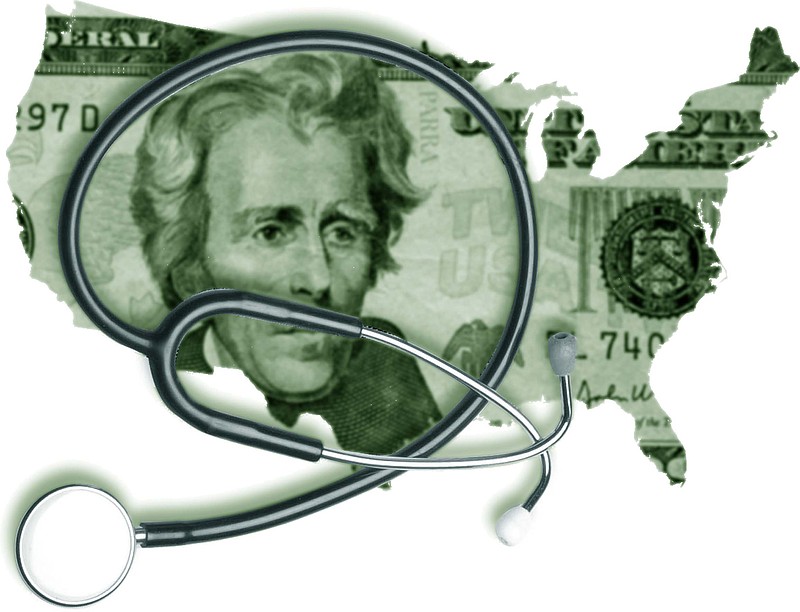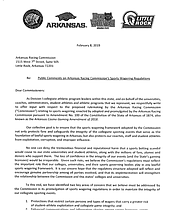More middle-class worker income is going toward health care as rising insurance costs outpace wage growth in every state, according to a new Commonwealth Fund report.
The report examined trends in United States employer coverage over the past decade and found that average employee premium contributions and deductibles across single and family policies increased from $4,160 in 2008 to $7,388 last year. That means a median-income American household now spends about 11.5% of its earnings on health insurance costs, compared to 7.8% in 2008.
"The majority of people under age 65 in the U.S., 164 million, get their health insurance through an employer, and that insurance is less and less affordable for many of them," Dr. David Blumenthal, president of the Commonwealth Fund, said in a news release. "Ensuring that everyone can afford health insurance and health care will require policy fixes and system-wide efforts to get to the heart of the health care cost problem - the exorbitant prices we often pay for health care in the United States."
Households in Tennessee, Alabama and Georgia were more likely to spend larger portions of their incomes on insurance costs and deductibles, since median incomes in the South are on average lower than in other parts of the country, the report's authors said.
In Tennessee - where the median household income in 2018 was $58,962 - out-of-pocket health costs took 13.5% of middle-income workers' earnings, the report found. The average employee premium contributions and deductibles in Tennessee increased from $4,090 to $7,966 over 10 years. Georgia and Alabama saw similar trends, with potential out-of-pocket health costs accounting for 13.6% and 12.4%, respectively, of a median household's income.
Sara Collins, lead author of the study, said the trend is concerning "because it may put both coverage and health care out of reach for millions of people."
Authors of the report noted that lower-income people with employer coverage spend an even larger share of their income on health insurance and related costs.
Data for the report came from the Medical Expenditure Panel Survey-Insurance Component, which surveyed more than 40,000 private-sector employers in 2018 on their health insurance plans.
Contact Elizabeth Fite at efite@timesfreepress.com or 423-757-6673.

